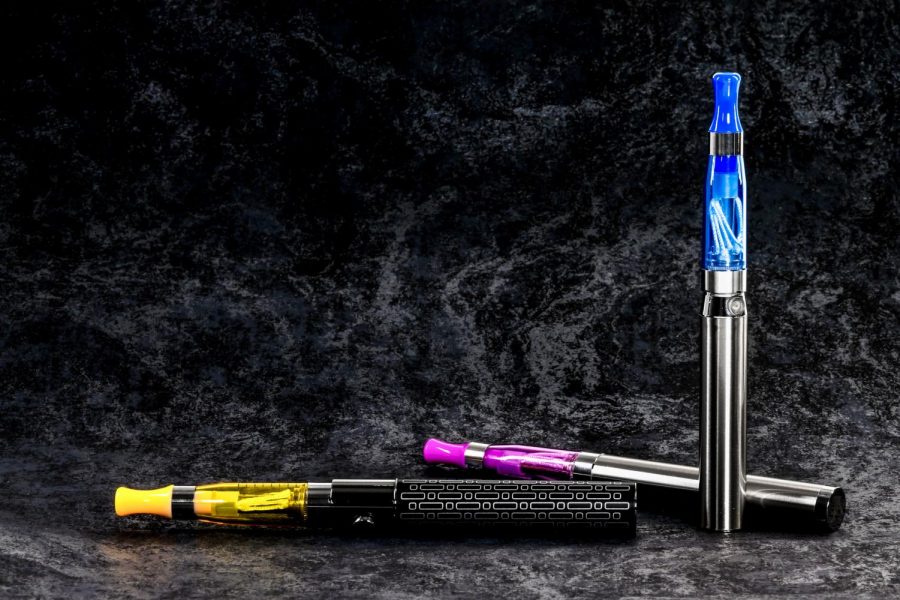
Is there any creature nobler than man’s best friend? Dogs have earned that nickname for literally thousands of years. Many people do not realize that humans have been domesticating Canis lupus familiaris for over 100 centuries. That is not a typo; dogs and humans have been interacting in a domesticated fashion for more than five millennia. Dogs have extended nearly undying loyalty and friendship to their human counterparts throughout this time period.
Look anywhere in time and space, and one can see dogs aiding and accompanying humanity in some way. In ancient Rome and Greece, dogs were used to aid in hunting. When humans migrated from Siberia to North American across the Bering Strait, many experts suggest they used sled dogs to aid in transportation. During the large migration of Navajo and Apache Native American tribes 1,400 years ago, dogs carried much of the load as pack animals. Australian Aborigines made great use of dogs as camp companions because they improved sanitation (cleaned up human waste and spare food scraps), alerted the camp of predators or strangers and even slept with humans in order to provide warmth at night.
Today, domesticated dogs obviously still play a large part in the lives of humankind. Besides earning near-familial status in many households across the world, they fulfill dozens of other uses as well. In addition to their historical roles as aids in hunting, herding and protection, canines today assist handicapped individuals as Seeing Eye dogs, aid police forces in detecting explosives and drugs and help search and rescue officials save and recover endangered individuals.
Of course, these countless roles pale in comparison to perhaps the most notable attribute of our canine friends: Companionship. “Man’s best friend” may be a cliché, but it is such for a good reason. Coming home to a darkened and empty house only to be greeted eagerly at the door by your faithful canine companion is an underappreciated luxury that only dog owners can enjoy. There’s nothing wrong with owning a goldfish or a parakeet, but the embrace of a befriended dog is unmatched in the world of pets. The friendship between dogs and humans is countless generations old; it’s just hardwired into our systems by now.
There have been numerous examples of dogs’ undying friendship toward their owners in recent recorded history. Back in June of 2010, a farmer in Alburnett, Iowa was suddenly attacked by one of his 2,300-pound bulls. The animal threw the farmer into the air, and he lay defenseless on the ground. At that moment, the farmer’s 35-pound dog approached the bull, attacking the larger animal until it actually went down. That’s right, a 35-pound dog stood up to and saved his owner from a one-ton, angry animal. Another example lies in a Diabetes patient from Michigan. The man, who had an infected big toe due to his type II diabetes, came home in a drunken stupor one night. After he laid down, his dog, Kiko, bit off the infected digit. Doctors later said this action actually saved his life, since the infection was a seriously dangerous.
Is this anything short of undying friendship? Fighting off a 2,300-pound attacking bull and biting off an infected extremity are things that one man may not even do for another. Yet at the drop of a hat, a dog will defend its owner, or even a person whom the dog has never met before, as it there is no other alternative.
Then, of course, you’ve got cats. The comparison is seemingly undeniable. As the two most popular choices for modern domesticated pets, the question of which is better will always arise. I say, it is quite an easy choice. On one hand, you have an intelligent, loyal and courageous being that has been befriending us, defending us and working with us for literally thousands upon thousands of years. And then you’ve got cats. It’s hard to describe what it is that cats do for humans because, let’s face it: When was the last time you saw a cat do anything?
If one were to embrace a cat in friendship the way a dog instinctively does to a human, you’d get one of two reactions. One is that the cat continues to do nothing, save for put on that face that seems to whisper, “What makes you think you can touch me, human scum?” The other is at the slightest physical contact, the cat will latch onto your most exposed extremity with its claws and silently chuckle to itself over the fact that it gets to do this to you and get fed later.
Is there any real comparison here? Dogs have been laying down their lives for us nearly since the dawn of human civilization. The closest thing a cat has ever done to help a human hunt is leaving a dead bird half-chewed on your front porch. The choice is yours.
Dave Coffey is a Collegian columnist. He can be reached at [email protected].













Giggle Induction • Jan 29, 2011 at 10:41 am
Upon reading this article, I have been able to deduce with assured certainty that it was written by a young man who obviously looks up to an older cousin with an extraordinarily deep level of respect and affection. A cousin who has changed both the way he looks at the world and, more importantly, the way he reacts to it. Cousins never die, David. Cousins never die.
Oneironaut • Oct 8, 2010 at 4:01 am
I love dogs. They bring out the most pure, total and abundant love from people. It is truly amazing how deep the connection runs.
I think it’s unfair how you talk about cats, though. You have just never fallen in love with a cat. They are deeply conscious creatures, with a very real understanding of themselves and others. They can love, too, in an incredibly delicate, subtle way. You just have to show them a certain type of respect and let them have their space. They’ll teach you things about yourself, about your unconscious, that a dog never would.
The cat is the feminine to the dog’s masculine. If the dog is the sun, the cat is the moon. Whereas the sun’s shines its light so brightly and is so apparent, you have to pause for a moment to see the illusive glow of the moon. Just open yourself up to them and recognize their intelligence, and cats will slowly start to treat you differently. You just have to give them a chance.